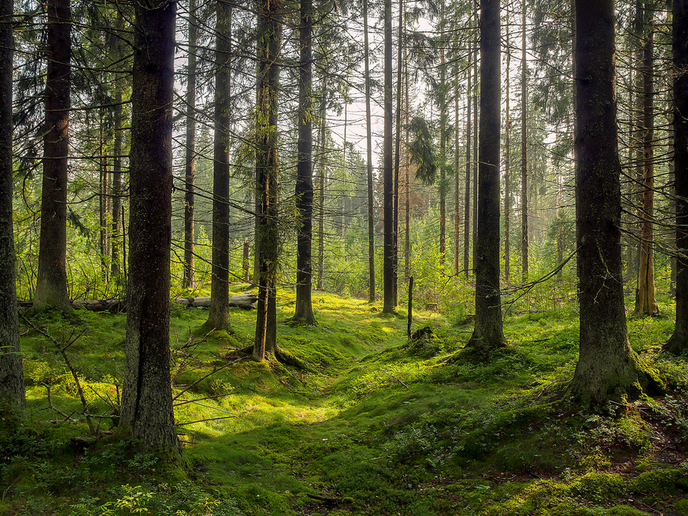Survey of Africa’s tropical montane forests assesses ecosystem services potential
A tropical montane forest (TMF)(opens in new window) is a rainforest ecosystem that exists in tropical areas above 800 m. TMFs represent most of the remaining forests in several African countries, particularly in East Africa. Apart from being threatened by logging, mining and land clearance for agriculture, climate change is also threatening these unique ecosystems. With increasing temperatures, clouds (an important source of water in these forests) are formed at higher elevations, challenging tree regeneration and ecosystem functioning. Apart from water, these forests provide many ecosystem services to humans, including food, medicine, construction materials, hazard prevention and global climate regulation (they store important quantities of carbon).
Ecosystem services under threat
The EU-funded AFRI-SKYFOR project examined and assessed the severity of threats to the ecosystem services provided by Africa’s TMFs. The team also modelled the socio-ecological functioning of African TMFs, and used the model to investigate the habitats’ possible futures, considering different management interventions. This research was undertaken with the support of the Marie Skłodowska-Curie programme. A key problem facing a modelling approach for informing management decisions is that the primary data are often absent. Therefore, project researchers used traditional ecological and social survey methods to obtain those data , conducting field campaigns in Cameroon, Democratic Republic of Congo (DRC) and Kenya. Nevertheless, field work in some parts of Africa is rarely straightforward, and can be dangerous. “For example,” explains project researcher Dr Aida Cuni-Sanchez, “the forests we study in DRC still hosts several rebel groups and access during the rainy season is impossible.” Contingency plans are needed, and sometimes, not all the work planned can be completed. The team also used expert opinions to generalise findings from these case studies to add to their extensive fieldwork.
High services value
Key findings were that the forests provide many material and non-material benefits to local communities, foremost being water. These forests collect an important amount of fog water from clouds. They also contribute to global climate regulation due to high carbon storage. “In the specific case of the Mt Oku community forest in Cameroon,” adds Dr Cuni-Sanchez, “if the forest disappears, the climate in the area will become much drier, negatively affecting water availability in nearby streams, therefore lowering crop yields.” A further example of benefit is that beehives placed on certain tree species unique to these forests produce white honey, a valuable trade commodity. The forest was also shown to benefit local economies in the form of ecotourism. AFRI-SKYFOR has already helped with the development of management plans for two protected areas and two community forests. Researchers also contributed to policy and helped train African university students in conservation work. Such work rarely offers any commercial rewards, but the benefit will be the improved protection and management of African TMFs. Researchers hope to continue the work, expanding the network of forest professionals it fostered.







